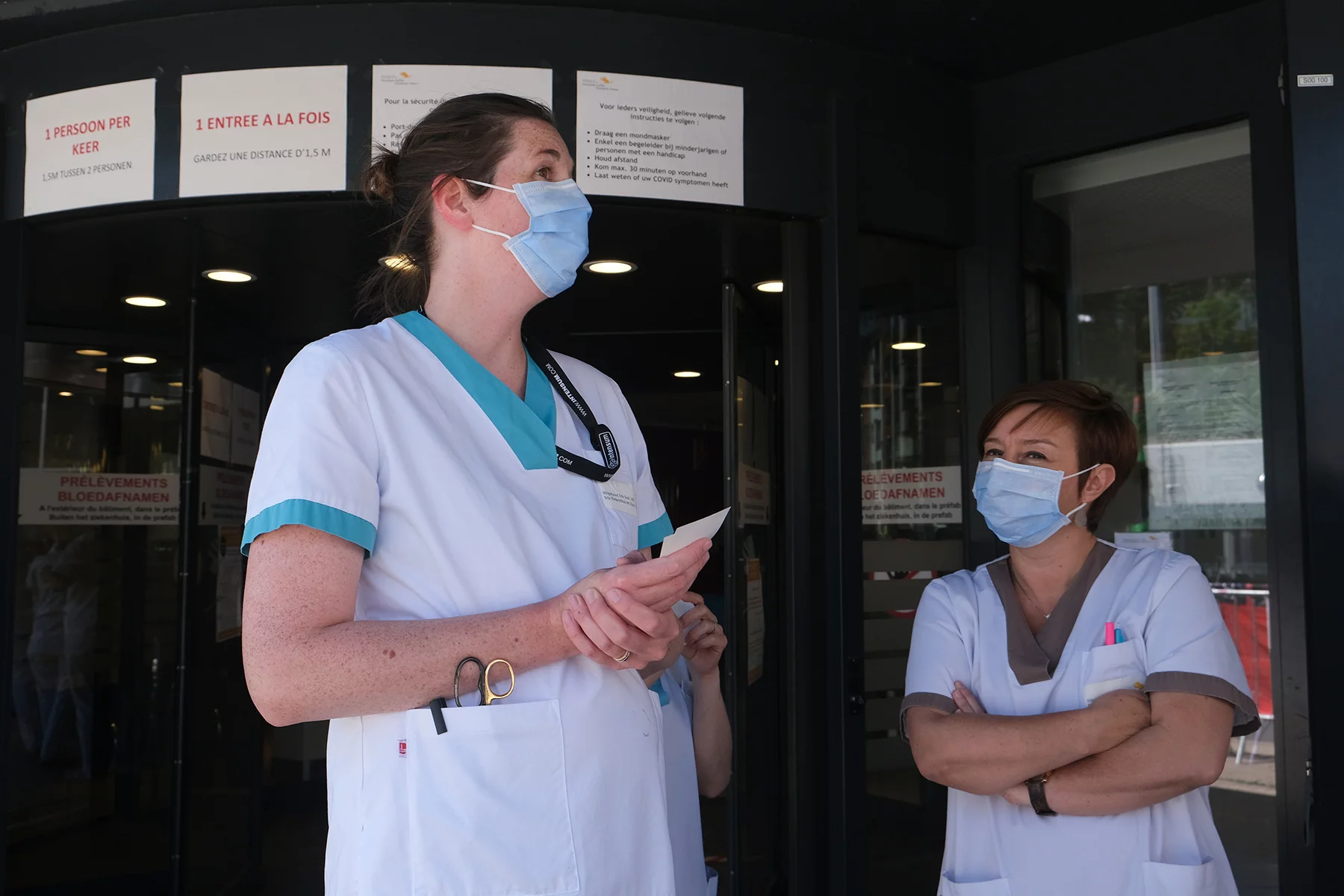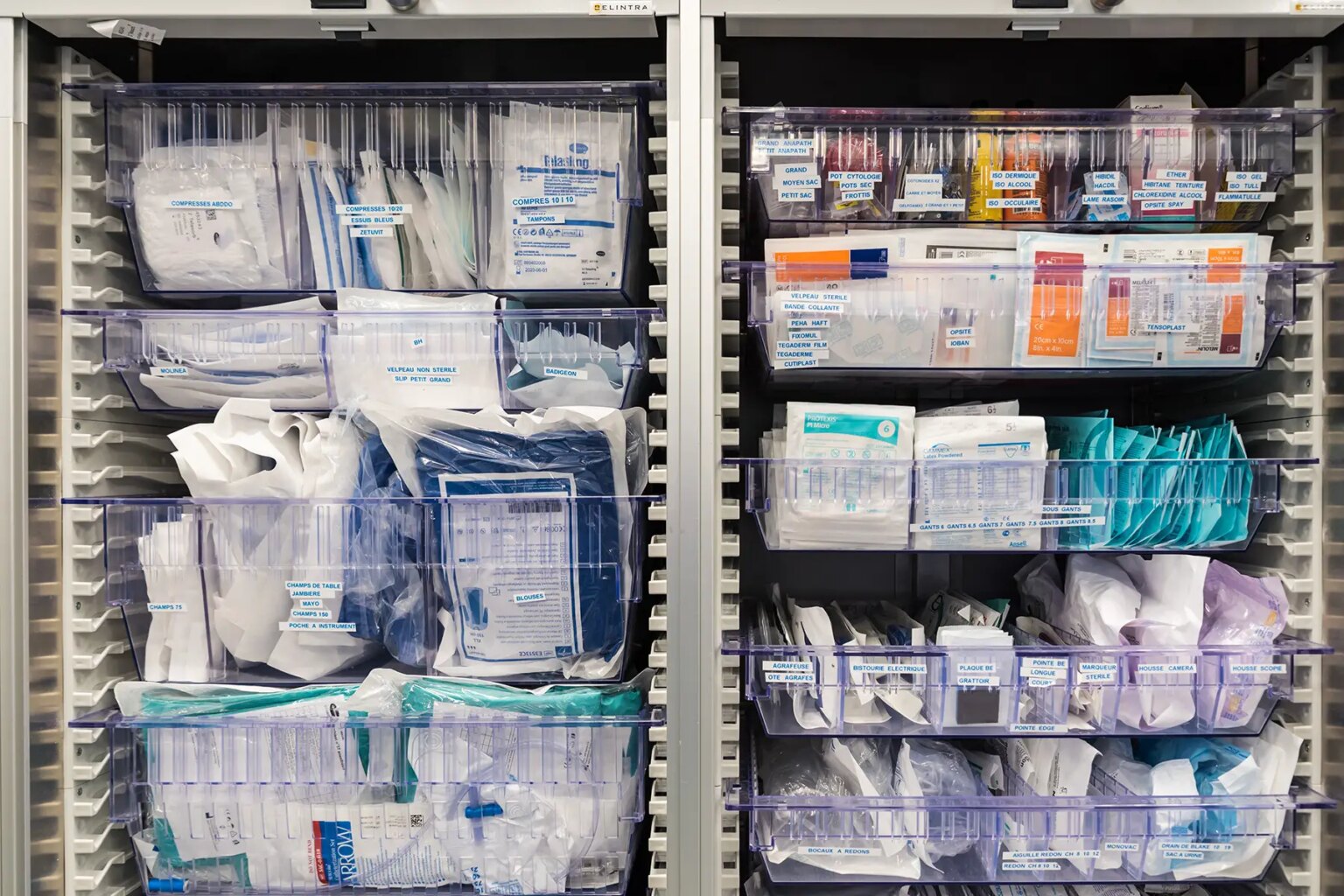Belgian health insurance is partly funded by social security contributions and requires residents to pay a percentage of their healthcare costs. This guide on health insurance in Belgium covers the following topics:
Business & Expats Health Insurance
Looking for expat-friendly health insurance in Belgium? Business & Expats Health insurance provides a dedicated service for families, individuals, and businesses moving to Belgium. With competitive benefits, expert advice, and fast reimbursements on all treatments, choose Business & Expats today.
The healthcare system and health insurance in Belgium
The Belgian healthcare system is one of the best in Europe. It receives generous funding through compulsory health insurance and social security contributions in Belgium.
It achieves near-universal coverage. According to OECD data, 99% of Belgian residents can access treatment through the public healthcare system.
In the 2019 Health Care Index, Belgium ranked ninth out of 89 countries on the overall quality of its healthcare system. Austria, Denmark, Spain, and France are the only European countries to rank higher.
Who needs health insurance in Belgium?
Residents in Belgium generally sign up to state-sponsored schemes for health insurance. This allows them to claim partial reimbursements of medical costs in Belgium and other European countries.
To cover their personal share of medical care (i.e., claim back 100% of costs), some residents also sign up for supplementary private insurance in Belgium.
Public health insurance in Belgium
Public health insurance in Belgium receives partial funding through social security contributions. Because of this, residents of Belgium must first register with the social security office before they can access public healthcare.

Once you’ve registered for social security, you need to sign up for one of the various Belgian public health insurance schemes. These are known as mutuelles (in French) or ziekenfonds (in Dutch). Joining one of these schemes is mandatory for any resident wishing to receive health coverage.
After joining one of these schemes, patients can receive reimbursements of between 50% and 75% of their medical costs.
Who receives coverage through public health insurance in Belgium?
- Employees and self-employed workers: upon commencing work in Belgium, all foreign nationals must join the state health insurance scheme or present evidence of private insurance. The same rules apply to self-employed workers in Belgium.
- Spouses and children: employees with Belgian health insurance cover automatically receive cover for children up to the age of 18 and dependent spouses (if they don’t have their own).
- Students: EU students receive coverage through the state health insurance system of their home country. Non-EU students should check whether their country has an agreement with Belgium. Those who don’t qualify for cover must purchase their own.
- Pensioners and non-workers: expat pensioners may claim state Belgian health care through their home country. Clarify what your entitlements are prior to moving to Belgium, as you must provide evidence of health cover when registering for residency.
- Short-term visitors: EU/EEA and Swiss citizens planning a short-term visit may use their European Health Insurance Card (EHIC) in Belgium to receive emergency treatment either free of charge or at a reduced cost. Other visitors can check the requirements with the Belgian embassy in their home country. In some cases, private insurance may be required before a Belgian visa or permit is granted.
- Non-EU residents: Belgium has agreements with more than 20 countries outside Europe. This includes Canada, Australia, the United States, and Japan. This ensures the same healthcare access as Belgians. Visit Coming2Belgium for additional information.

What is covered by Belgian public health insurance?
- Doctor and hospital visits: anyone seeking treatment in Belgium is free to visit any doctor or hospital, regardless of location or referral. This is particularly beneficial to expats who have received recommendations from colleagues for a high-quality English-speaking doctor. Read more about doctors in Belgium.
- Dental care: dental care in Belgium is subject to partial reimbursements, provided the dentist is on a state-approved list. More advanced treatments, such as crowns and bridges, usually result in the dentist offering you a variety of quotes on the work required. These require approval from your insurer.
- Maternity care: Belgian health insurance covers the cost of having a baby in Belgium, as long as you’ve been insured for a sufficient amount of time. Read more about giving birth in Belgium.
How to apply for public health insurance
Upon completion of your residency registration at your local commune, you’ll receive a Belgian eID-card (electronic ID).
Your eID is an official identification card. All Belgian residents aged over 15 must carry at all times. It serves a variety of purposes, including letting doctors in Belgium and Belgian hospitals digitally verify your insurance status.
Before choosing a health insurance company, you must be paying Belgian social security. Your employer might register you for social security; otherwise, you can register yourself at the nearest social security office. Read how to sign up for Belgian social security. The Belgian government also provides a detailed guide.
Both employers and employees are responsible for making social security payments, with employers funding the majority of the fee.
After registering with the social security office, you can join any mutuelle in Belgium (or ziekenfonds in Dutch). Each mutuelle aligns itself with a political or religious group within Belgium, such as Christian, socialist and liberal groups.
All the mutuelle providers offer more or less the same services, hence why employers often enroll you in one automatically. You can choose your own mutuelle, particularly if you wish to register with one based on your religious or political affiliation. You may also find a mutuelle that offers useful services, such as English-language services.
How to choose a public health insurance provider
Each mutuelle in Belgium covers most medical treatments, such as specialists, hospitals, prescriptions, pregnancy, and childbirth.
After registration, you must wait six months before being entitled to any reimbursements of medical costs. The six-month waiting period can be waived, however, providing you have been covered by a state health care plan in another EU country for the past six months.
Some of the largest mutuelles in Belgium include:
- Business & Expats Health Insurance
- Mutuelle Chretienne (in French)
- Mutualite Socialiste (in French)
Private health insurance in Belgium
With mutuelles only covering up to 75% of medical costs, many residents also have private health cover to cover any remaining costs. This is particularly useful if you have an existing medical condition.
Some employers also provide supplementary health cover as part of their employee benefits package. If this is the case, make sure you check the premium on offer covers your actual medical needs.
The cost of private health insurance varies, so it’s important to thoroughly research your options prior to committing to a specific package.
Cigna Global
Want access to the best private medical services in Belgium? Speak to the healthcare professionals at Cigna Global today and find a policy that’s right for you. Take advantage of their global network of doctors, specialists, therapists and more with coverage tailor-made for you and your family. If you’re starting a new life in Belgium, get peace of mind with Cigna Global.
If you have children, it’s worth asking about specific family packages which may help lower the overall cost. Children don’t generally receive coverage under private insurance plans, unlike with state health insurance.
If you frequently travel abroad, you may wish to purchase a package that covers your medical expenses while out of the country. Note that EU citizens can use their EHIC card when seeking medical assistance within the EU.
Belgian private health insurance providers
Some of the largest health insurance companies in Belgium (typically private) include:
APRIL International
Looking for expat-friendly health insurance in Belgium? APRIL International has a long history of providing health coverage tailored to the unique needs of the expat lifestyle, ensuring peace of mind for you and your family. Whether you’re relocating to Belgium or simply staying short-term, APRIL International has the right policy for you.
Health insurance contributions and reimbursements
To pay for consultations or treatments in Belgium, you’ll need to show your eID card. Generally speaking, you’ll need to pay for the treatment first, and then submit a claim to your insurance company afterward to reclaim costs.
In most instances, Belgian health insurance reimburses up to 50–75% of the cost. You are then responsible for covering the remaining costs.

You can make a claim by submitting a receipt alongside a claim form to your Belgian health insurance company. Some mutuelles offer full reimbursement or even reimbursement at the point of payment with certain clinics.
Payments for hospital treatment follow a slightly different system, as they instead charge patients a fixed daily fee. This fee varies according to your personal circumstances. For example, the unemployed, retired, or disabled will pay less.
At the end of your hospital visit, you only pay your personal share. The hospital charges your insurance company (mutuelle) directly for the outstanding amount. Read more about visiting hospitals in Belgium.
Prescriptions in Belgium
Health insurance entitles you to reimbursement on all medical prescriptions. Patients usually pay up to 80% of the price at the counter, depending on their personal circumstances.
Your Belgian health insurance company pays the remainder, much in the same way you would pay for hospital treatment. Non-prescription drugs cost more than those prescribed by your doctor.






